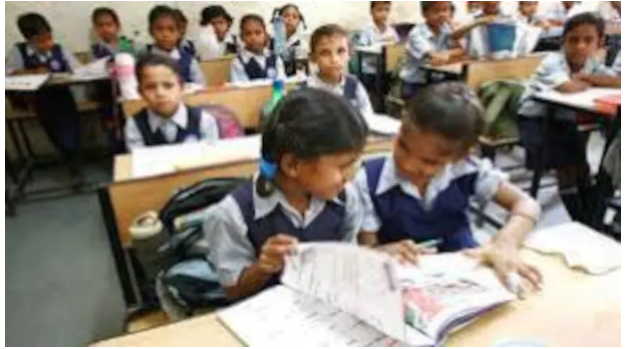Beyond reopening schools: How education can emerge stronger than before Covid-19
Beyond reopening schools: How education can emerge stronger than before Covid-19on Apr 01, 2021


Adaptability and Resilience with Blended Learning
More than just buzzwords, these two virtues have been instrumental in minimising the interruption in the academic processes caused by the pandemic and they will be the hallmarks of education in the future. Blended learning and open education applications should become an indispensable part of academic institutes to make them more adaptable and resilient. Technology should be used judiciously, but not indiscriminately.Bridging the digital divide
Teacher training
21st-century education is perpetually evolving and incorporating innovative methods of teaching, learning, curriculum designing and student assessment. To keep pace with these rapid advances, the teaching community has to be adequately trained and skilled.
Promoting school franchise model
School franchise models have diversified the base of education available to millions of students by taking it to remote places where aspiring schools and educators lack the wherewithal to educate the less privileged. Reputed educational institutes should share their experience and expertise with aspiring franchisees to promote this model of growth and expansion.Robust platform for students with learning difficulties
Even as we surge ahead towards a sustainable future, the education sector must not ignore the students with special needs, who were most severely affected by the pandemic because of their greater reliance on personalized learning. We need to create robust platforms for students with different learning abilities to ensure that no one is left behind in intellectual growth. While all these interventions are extremely relevant, every educational institution shall have to strengthen its safety-related infrastructure. Any decision to reopen the institution must be preceded by adequate precaution to ensure that the health issues of teachers and students are not compromised. Source: India Today
Beyond reopening schools: How education can emerge
Education
Education News
Frontlist
Frontlist Education
Frontlist education News
Frontlist India news
Google news



.jpg)






.jpg)
.png)
.jpg)
.jpg)
.jpg)
.jpg)
.jpg)
.jpg)










Sorry! No comment found for this post.